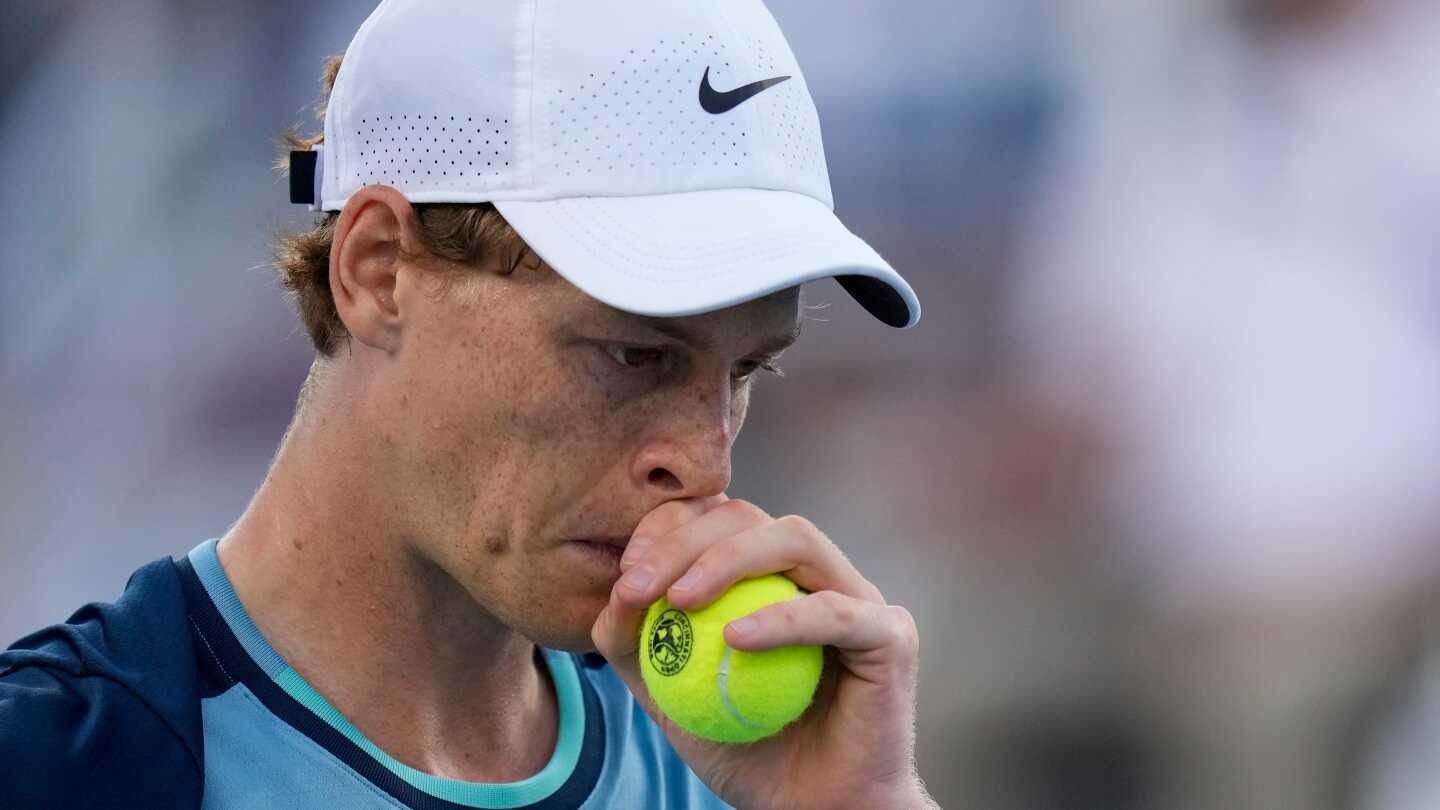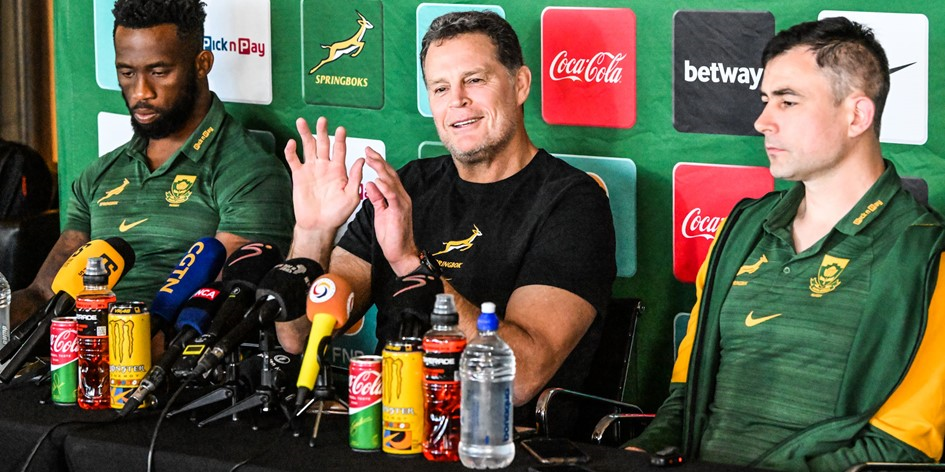From the coliseums of Yokohama to the hallowed turf of Lord’s, South Africa’s sporting tapestry has been stitched together by men of immense resilience and quiet thunder.

And this week, two of the nation’s most revered captains—Siya Kolisi and Temba Bavuma—stood on different stages, but under the same sky of glory.
Fresh from a bruising Springbok training camp in Johannesburg, Kolisi—South Africa’s double Rugby World Cup-winning skipper—paused his preparation for battle to deliver a heartfelt salute to Bavuma and the Proteas, who just lifted the ICC World Test Championship mace with a stirring five-wicket triumph over Australia at Lord’s.
I’m proud of Temba, I’m really proud. We know it’s been a tough journey for the Proteas. So to do something like this, and the manner that they did it in, with all the noise going on around them. That they’d only played a few Tests. That all the other countries deserved to be there.
The Test at Lord’s was no gentle afternoon affair. It was a furnace, and South Africa walked through it barefooted. With doubters howling from the press boxes and past scars lurking in the shadows, Bavuma, with a torn hamstring and an iron will, dug in for a gutsy 66 that steadied the chase like a battered ship captain weathering one last storm before the harbour lights.
It looked like they weren’t going to do it in the first couple of days. But the great thing about it is that it was a team effort. It wasn’t just one person who stood up.
And what a team effort it was. Like a finely orchestrated maul that rolls over the line after 20 phases, the Proteas found different match-winners at every turn.
Lungi Ngidi, after a limp first innings, returned like a second wind in the fourth quarter. Kagiso Rabada bowled like thunder bottled in white flannels. And Aiden Markram, out for a duck in the first dig, rose like Lazarus in the second innings, grinding, grafting, growing.
It shows a lot of who we are as South Africans. We fight. We fall. And then we rise together
The Proteas touched down at OR Tambo International Airport to the sound of ululating fans and the flash of cameras, welcomed like sons returning with the spoils of war. Sports Minister Gayton McKenzie was among the crowd to greet the mace, a symbol of global Test supremacy now proudly carried in green and gold hands.
SPORTS NEWS
Show more newsIt was a scene reminiscent of 2019 and 2023, when Kolisi and his Springboks paraded the Webb Ellis Cup across townships and cities, across divisions and dreams. Rugby, like cricket now, had become a balm, a binding force, a love letter to unity.
Their victory was huge. And it’s great to see how whenever South Africa plays, the whole nation gets behind them.
Indeed, cricket and rugby have long been twin threads in the fabric of South African identity—once exclusive, now inclusive; once brittle, now unbreakable.
And just as Kolisi turned the rugby world on its axis with a Springbok side that roared for everyone from Sandton to Soweto, Bavuma has shouldered the bat and belief of a nation, answering cynics with cover drives and courage.
The way they won was also fantastic. Especially since there was a point where many doubted they would pull it through. So it was an admirable team effort, and we are very proud of Temba Bavuma, coach Shukri Conrad, and the entire team.
Bavuma, quiet in celebration, loud in resolve, led from the front with a hamstring that whispered "retire hurt"—but he stayed, limping down the pitch like a man refusing to abandon the battlefield.
And beside him, the architect of this cricketing renaissance—coach Shukri Conrad—plotted, planned, and pulled the strings like a chess master disguised as a schoolteacher. Together, they rewrote the script at the Home of Cricket, where history is usually written by others.
As the Proteas bask in their hard-earned limelight and the Springboks prepare for their showdown with the Barbarians in Cape Town, there is a comforting symmetry in this shared moment. Two teams. Two codes. One heart.
One nation, still rising.
From hamstrings to heartstrings, from bouncers to believers—South African sport has never felt more alive



















